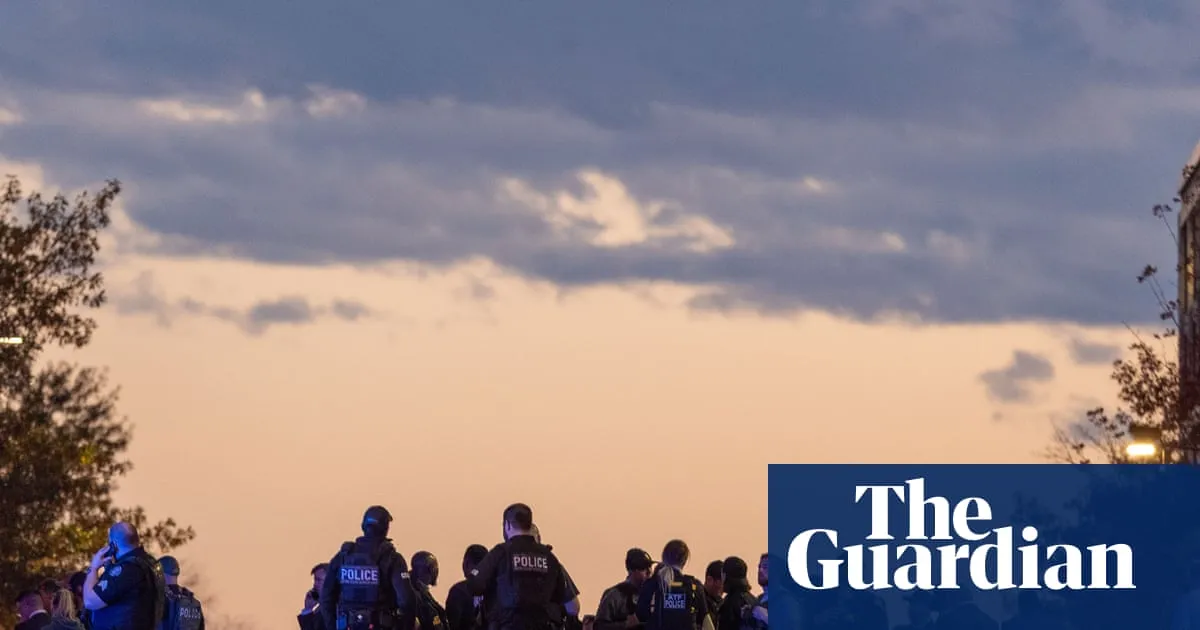
The suspected shooter of two National Guard members in Washington, D.C. on Wednesday has been identified as Rahmanullah Lakanwal, a 29-year-old man with connections to CIA-backed military units during the U.S. war in Afghanistan. This revelation has raised significant concerns regarding national security and the vetting process for Afghan nationals resettled in the United States.
Rahmanullah Lakanwal arrived in the United States in September 2021 under the Operation Allies Welcome program. This initiative was designed to provide entry visas to certain Afghans who had collaborated with the U.S. government. The Central Intelligence Agency (CIA) confirmed Lakanwal’s ties to the agency, with CIA Director John Ratcliffe disclosing information about his involvement with U.S. special forces in Afghanistan.
According to reports from the New York Times, Lakanwal had previously worked for several U.S. government agencies in Afghanistan. Notably, he was affiliated with a CIA-backed unit in Kandahar, a region notorious for being a stronghold of the Taliban. Ratcliffe emphasized that the Biden administration justified Lakanwal's entry into the country based on his prior collaboration with the U.S. government, particularly his role in Kandahar, which came to an end shortly after the chaotic evacuation from Afghanistan.
In the wake of the shooting incident, U.S. Citizenship and Immigration Services (USCIS) announced an immediate halt to processing residency applications from Afghan nationals. The agency stated on social media, “Effective immediately, processing of all immigration requests relating to Afghan nationals is stopped indefinitely pending further review of security and vetting protocols.” This decision reflects heightened scrutiny and concern over the potential risks associated with resettling individuals with ties to military operations.
Following the tragic shooting, former President Donald Trump called for the deployment of an additional 500 National Guard troops to Washington, D.C. He described the shooting as an “act of terror” and labeled immigration as “the single greatest national security threat facing our nation.” This statement underscores the ongoing debate regarding the balance between humanitarian efforts and national security in the context of immigration policy.
The situation surrounding Rahmanullah Lakanwal and the shooting incident has sparked a significant dialogue about the vetting processes for Afghan nationals entering the U.S. as part of Operation Allies Welcome. As authorities seek to enhance security measures, the implications of this event could lead to lasting changes in immigration policies and national security strategies.